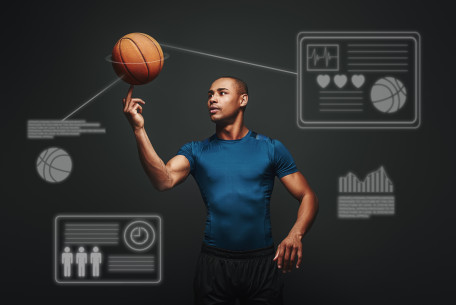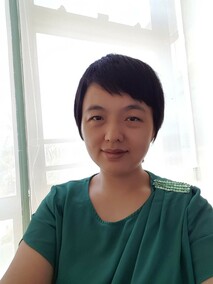An Intelligent Multi-Modal System for Boccia Training
Funding Scheme
(RGC)
Funding Amount
HK$6,742,450
Awarded Year
2022
Helping paralympic athletes train for the sport of Boccia
Using advanced sensing and artificial intelligence technology, this project formulates an intelligent multimodal sensing system and algorithms to identify, quantify and visualize important factors related to athletes’ performances while training for the paralympic sport of Boccia. The system measures upper limb movement, lower limb stability, and eye-hand coordination. Based on the extracted factors, an individual profile of each elite Boccia athlete is established and updated periodically to help coaches and athletes adopt evidence-based practices.
The system has three main modules: a multi-modal sensing system, intelligent algorithms and a visualization program. First, the multi-modal sensing system records the raw data of the Boccia athlete during training. Then intelligent algorithms are developed to detect and extract kinematic features from the raw data. Finally, athletes and coaches can access the results through the visualization program.
Sustainable Development Goals
In 2015, UN member states agreed to 17 global Sustainable Development Goals (SDGs) to end poverty, protect the planet and ensure prosperity for all. The research team contributes towards the following SDG(s):
The research tackles the challenge of optimizing athlete performance in Boccia training by leveraging advanced sensing and artificial intelligence technologies. It identifies, quantifies, and visualizes key factors such as upper limb movement, lower limb stability, and eye-hand coordination, helping coaches and athletes to better understand and improve their training practices.
The significance of this research lies in its potential to enhance athletic performance through evidence-based practice. By providing insights into individual athlete profiles and tracking performance metrics, the system helps to identify strengths and weaknesses, inform training strategies and prevent injuries, and ultimately leads to improved competition outcomes.
This project benefits athletes and their coaches in several ways:
- The AI-based system tracks the performances of the athletes during practice;
- The information collected by the AI system can be used to identify strengths and weaknesses, helpful for setting daily training and for selecting strategies to improve athlete competence;
- The physical changes recorded and identified by the AI system are useful for implementing rectification and medical treatment to prevent and remediate injuries, thus enhancing performance.








